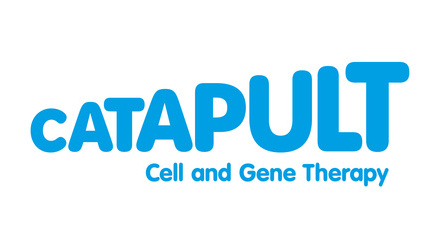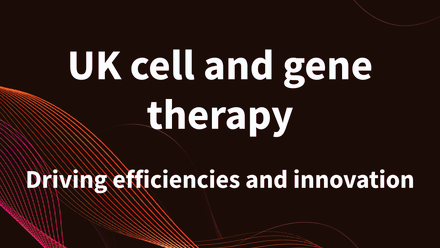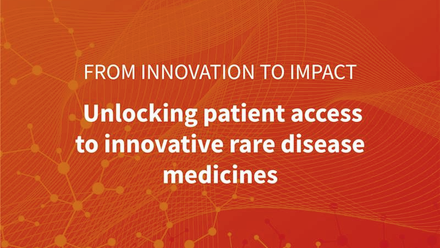Safely unlocking the huge potential of synthetic nucleic acid in the UK (DNA synthesis)
Synthetic nucleic acid – such as synthetic DNA - is used by labs around the world and plays a fundamental role in a wide range of science and biotech advances. DNA synthesis technology allows companies to ‘print’ DNA with any user-defined sequence, enabling innovators to study and engineer biological systems to unlock the benefits of this exciting technology and its potential to kickstart economic growth.
Increased access to synthetic DNA helps to facilitate advances in all applications of biotechnologies and realise its potential benefits in the UK across health, agriculture and food, chemicals and materials and low-carbon fuels.
But increased access to synthetic nucleic acid resulting from new, more widely available technologies to produce it also alters the biosecurity risk calculus; including accidental or deliberate misuse. Access to synthetic nucleic acid has the potential to empower bad actors by providing the building blocks of potentially dangerous biological agents.
This is why the UK has published guidance to promote the screening of synthetic nucleic acid consumers and sequences. The UK is committed to fostering responsible innovation in engineering biology through the National Vision on Engineering Biology and the Biological Security Strategy. Promoting screening helps to deliver on this commitment – it guides the use of synthetic nucleic acid for legitimate purposes, whilst also mitigating risks of accidental misuse.
This guidance sets best practice for users and providers of synthetic nucleic acids and benchtop equipment that synthesises nucleic acids. It recommends a staged approach to screening to implement proportionate guardrails:
- Customer Screening - to establish the legitimacy of customers ordering synthetic nucleic acid. Providers should develop customer screening mechanisms to verify the legitimacy of a customer and to identify potential ‘red flags’.
- Sequence Screening - to identify when “sequences of concern” are ordered. Identification of a “sequence of concern” does not necessarily imply that the order itself is of concern. Rather, when a “sequence of concern” is ordered, further follow-up procedures should be used to determine if filling the order would raise concern.
- Follow-up Screening – if an order has been identified as suspicious, the purpose of follow-up screening is to verify the legitimacy of a customers’ order and ensure they are complying with existing legal obligations if they are ordering a sequence of concern.
DSIT is implementing the Guidance and supporting the adoption of its recommendations. We will work with innovators and funders across the UK to monitor uptake and ensure that the Guidance is not stifling progress. We will also continue to work with the Biosecurity Leadership Council to ensure their expertise is informing our efforts. Based on feedback, we will iterate the Guidance to ensure it is helping to foster responsible innovation in the UK.
We will also work with our international partners – both bilaterally and multilaterally - to showcase the Guidance and encourage other countries to adopt best practice. This UK is one of the first countries to publish such Guidance, and where appropriate we have aligned our approach with the United States to encourage cross-border innovation.
We are looking forward to continuing to work with the UK’s eng bio community as we implement and monitor the Guidance, and welcome feedback at [email protected].







